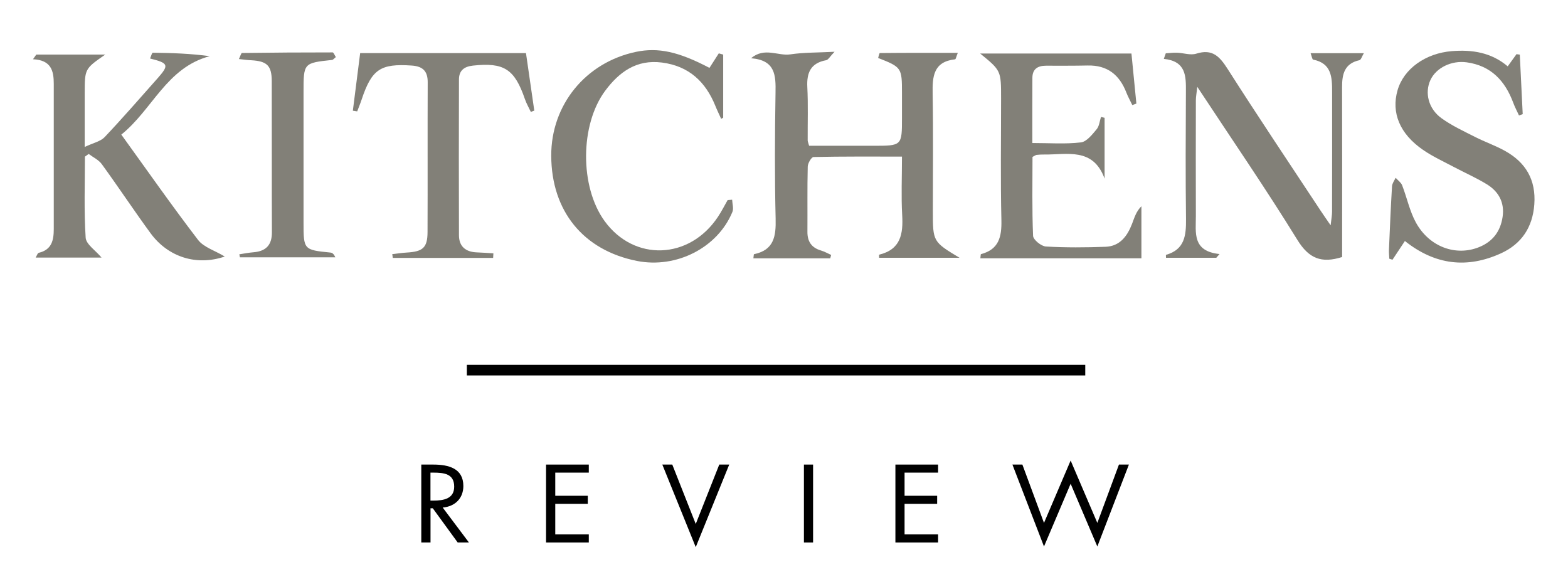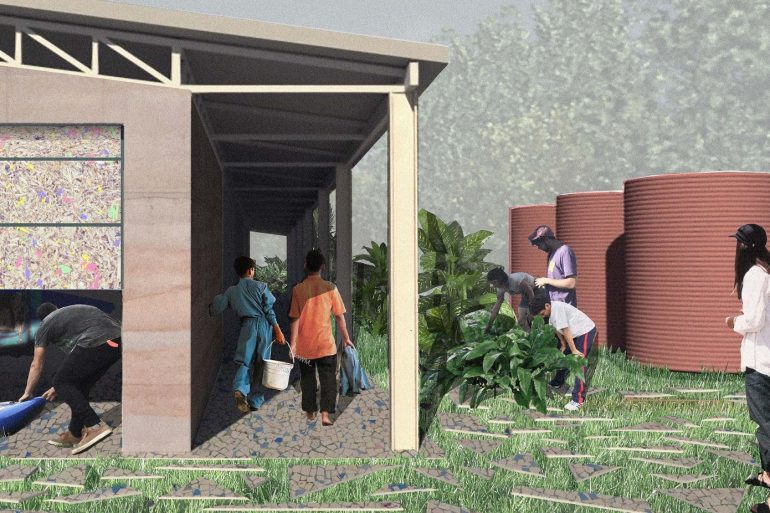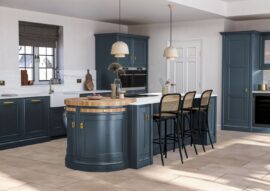For the second time, GROHE and the World Architecture Festival (WAF) have awarded the winner of the Water Research Prize. The research initiative “Recycle Build Brazil” convinced the jury which included Paul Finch, Programme Director, WAF; Paul Flowers, Chief Design Officer LIXIL; and Henk Ovink, Special Envoy for International Water Affairs for the Kingdom of the Netherlands, with their proposed sustainable architectural solutions for a school in the Brazilian Saõ José dos Campos area. By using recycled materials and implementing intelligent rainwater harvesting systems, the project not only improves the lives of the schoolchildren but also raises awareness of their interaction with water.
Starting with the school building as a pilot project, there is also a longer-term proposal for the enhancement of the local 400 low-income housing units. The official presentation of the prize will take place during WAF on December 6th in Amsterdam.
“The quality of this year’s entries was phenomenal but this one specific project caught our imagination due to the educational approach. The project not only builds a school but also takes young people on a journey to understand the relevance of water as a local source and motivates them to interact mindfully with this limited resource. The concept starts as a pilot project and from there will be rolled-out to more than 400 low-cost houses in the area. This is an amazing opportunity to make a tangible difference and it reflects perfectly GROHE’s brand ethos,” says Paul Flowers, Chief Design Officer of GROHE’s parent company LIXIL.

“We are delighted with the results of this year’s prize. The winner emerged from a very strong field, showing the commitment of architects across the world to find new ways of using, conserving and recycling the incredible resource that is water. We look forward to meeting the winning team in Amsterdam this December, at World Architecture Festival 2019,” says Paul Finch, Programme Director, WAF.
Maria Kuzma, founder “Recycle Build Brazil”, comments: “We’re delighted to have been awarded with such a prize for our work on ‘Recycle Build Brazil’. We are looking forward to taking next steps to improving the collective awareness of water use as well as realising environmentally friendly and decentralised solutions to waste water issues in the urban environments.”
The Water Research Prize is based on the WAFX Manifesto published in 2017. It identified the most important challenges for architects within the next ten years including water in relation to the built environment. “Recycle Build Brazil” tackles these challenges from two different directions. As a pilot project, the initiative will build a new school wing of predominantly recycled materials that will use solar and rain harvesting in Saõ José dos Campos, Brazil. In addition, all waste water will be used in a closed loop subterraneous wet land system (waste water gardens) which will provide planted sheltered outdoor dwelling zones for the children and will be used to cool the building. Since the school is located in the middle of a peninsula where two rivers meet, the project will also facilitate the opening of the back end of the school up to the river. The re-organisation of the school’s entry promotes a safer, slower, pedestrian-friendly drop off zone and also activates a pathway from the new school wing to the river entry point. This allows the community to reconnect to the river and raise awareness to their use and engagement with water. After the successful implementation, the concept will act as a locally built example to reference a solution to the water, waste and housing crisis and will be rolled-out to 400 low-income housing units in the area.
GROHE has been the main sponsor of World Architecture Festival since its inception in 2008. In addition to its sponsorship, GROHE will also be showcasing some of its products at its booth, directly located at the entrance of the hall (B10) during this year’s WAF between 4-6th December. Paul Flowers explains, “Attending WAF is a tremendous opportunity for us to gather insights through dialogue with architects from around the world. Interfacing with architects and designers allows us to identify the most important macro and societal trends.”
For further information about GROHE visit the website.






